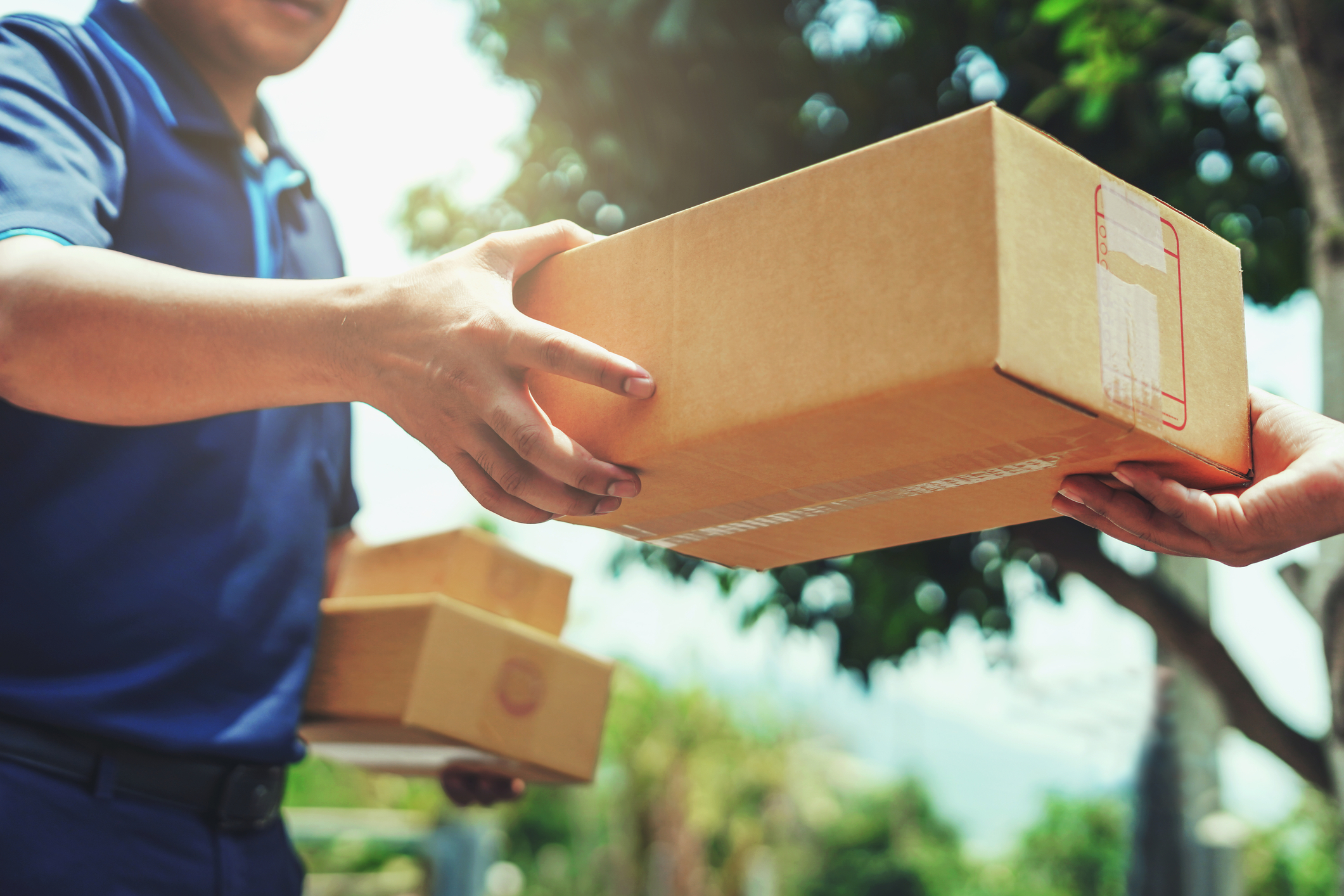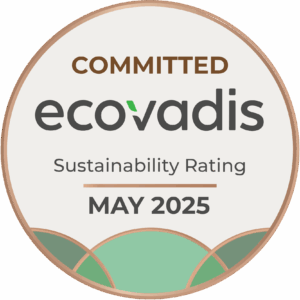Smart Last Mile Strategies for Belgian E-Commerce Retailers
SEND PARCEL
Smart Last Mile Strategies for Belgian E‑Commerce Retailers
TL;DR: In Belgium’s competitive e‑commerce market, the strongest last‑mile strategies blend speed, reliability, choice, and sustainability. Retailers must comply with new Belgian laws (offering at least two delivery options, one eco‑friendly) while meeting consumer demands for fast, flexible, and green delivery.
What defines a strong last‑mile delivery strategy in Belgium?
A strong strategy combines speed, reliability, flexibility, and sustainability. Belgian shoppers expect 48‑hour shipping as the baseline, with rising demand for same‑day options. Crucially, a new law requires at least two delivery methods at checkout — one must be a green option like lockers or pick‑up points (Ingrid).
- Multiple delivery methods: Include home delivery plus at least one eco‑friendly choice such as lockers or pick‑up (Ingrid).
- Reliable speed: Guarantee on‑time delivery (48 h standard) with accurate ETAs and proactive tracking (DHL).
- Sustainability: Use electric vans, cargo bikes, lockers—Belgium aims for zero‑emission urban freight (European Commission Transport, Ingrid).
- Local adaptation: Combine national carriers (bpost, PostNL) with express specialists (DHL, Trunkrs, VPD) (Ingrid).
- Technology & data: Multi‑carrier platforms and route optimization drive efficiency (Business Wire, Ingrid).
Managing delivery expectations, speed & cost
Clear choices at checkout help balance speed and expense. Cart abandonment due to slow or costly delivery affects ~65% of shoppers (DHL). Best practice:
- Tiered shipping: Standard (next‑day/48 h) at low or free cost, and premium (same‑day or timed) with extra fee (Ingrid, DHL).
- Clear cut‑offs: Communicate cut‑off times (e.g., noon for same‑day).
- Transparency: Provide end‑to‑end tracking and alerts (DHL, Supply Chain Game Changer).
- Multi‑carrier flexibility: Use platforms to auto‑route to best option (Business Wire, Ingrid).
- Data planning: Predict regional demand, optimize stock, negotiate rates.
Pickup points, lockers & eco‑delivery options
Lockers and pick‑up prevent failed deliveries and boost conversion—usage rose ≈44 % in 2024 (Landmark Global). Consumers prefer eco‑options: ~60 % now favor green delivery, and 25 % may abandon brands lacking them (Ingrid, Landmark Global).
- Flexible pickup networks: Parcel lockers, shop pick‑up, and 24/7 access.
- Sustainability perks: Bike/e‑van delivery meets legal “green” requirement (Ingrid).
- Cost & traffic benefits: Consolidated delivery cuts mileage (European Commission Transport).
- Marketing edge: Prominently featuring green options drives loyalty (Ingrid, Landmark Global).
- Legal compliance: One choice must be sustainable (Ingrid, Landmark Global).
Next‑Day vs. Same‑Day Delivery
Make next‑day the default, reserve same‑day for high‑margin/time‑critical orders with strict cut‑offs (Ingrid). About 60 % of consumers will pay a premium for same‑day (Supply Chain Game Changer, Ingrid).
- Default next‑day/48 h: Sufficiently fast and cost‑effective.
- Selective same‑day: Extra fee, limited to urban zones, high‑value items.
- Transparent cut‑offs & pricing.
- Use partners like Trunkrs: For reliable express in cities (Ingrid).
Efficient Returns & Reverse Logistics
Efficient returns strengthen loyalty but must manage costs. Offer prepaid labels and local drop‑off (post offices, lockers) (DHL). Process returns fast—inspect, grade, restock. Use return hubs or shared routes. Automate labels, tracking, refunds. Set clear policy: use the EU’s 14‑day return rule as baseline (Ingrid).
Tools, Technology & Carrier Coordination
- Multi‑carrier platforms: Single API integration for many couriers, auto‑switching on delays (Ingrid, Business Wire).
- Dynamic routing: AI‑driven optimisation saves mileage and time.
- Green fleet incentives: Electric/hydrogen trucks exempt from Belgian road tolls (Trans.info).
- Tech integration: TMS, IoT tracking, slot selection apps, performance dashboards.
- Carrier collaboration: Shared micro‑hubs, consolidation networks, EU GREEN‑LOG initiatives (European Commission Transport, Ingrid).
FAQ
Q: What does Belgian law Article VI.45/2 require?
A: Since March 31, 2024, Belgian online retailers must offer at least two delivery methods, one being sustainable (e.g., lockers/pick‑up), or face fines up to €10 000 or 4 % of turnover (Ingrid, Business Wire).
Q: How important is green delivery for Belgian consumers?
A: Very—≈60 % now prefer eco‑friendly delivery options, and 25 % avoid brands that lack these options (Ingrid).
Q: Are lockers/pick‑up points worthwhile?
A: Yes—locker usage rose ~44 % in 2024, cutting failed deliveries and improving conversion (Landmark Global).
Q: How to offer same‑day without hurting margins?
A: Restrict same‑day to viable zones, use premiums, strict cut‑offs, partner with specialists like Trunkrs (Ingrid).
Q: Best way to handle returns?
A: Easy return portal, prepaid drop‑off, fast restocking, clear policy. Seamless returns build loyalty (Ingrid, DHL).
Sources
- Belgian Code of Economic Law Article VI.45/2 – mandatory dual delivery options with green choice (Ingrid).
- 60 % of Belgian consumers prefer eco‑options; 44 % rise in locker usage; 48‑h standard delivery (Ingrid).
- Return, speed, and cost best‑practices from carrier and industry reports (DHL, Landmark Global, Business Wire).
- Green fleet incentives: E‑truck toll exemption; EU GREEN‑LOG carrier collaboration (Trans.info, European Commission Transport).

Record Express was awarded a 59/100 score by EcoVadis, the global leader in sustainability ratings.